A secret about me and this site, I started it from the love of traveling. More so, fitness adventure travel. A place to inspire not only anyone who stops by to read but also to reingnite my own passion and the positive impacts engaging in fitness adventures offers. Taking a trip has incredible physical, mental, and emotional health benefits. To set a goal of going to a place that will take you out of your comfort zone, or at the least change up your daily routine, I love that excitement and the self-awareness that the time to start to be fit and ready is today, right now. Choosing foods to be Well-Nourished so your body can keep you healthy. Well-Fit workouts today so you are able and willing to carry yourself and move your body efficiently for the big trip. And to keep challenging yourself once you get there.
Let’s touch on some ways in which fitness adventures contribute to overall well-being. In this Well-Traveled edition, I share my trip to Telluride, connecting the physical fitness benefits of skiing and snowbaording along with being outside in nature, enjoying the community of the town and the fantastic well-nourished meals.
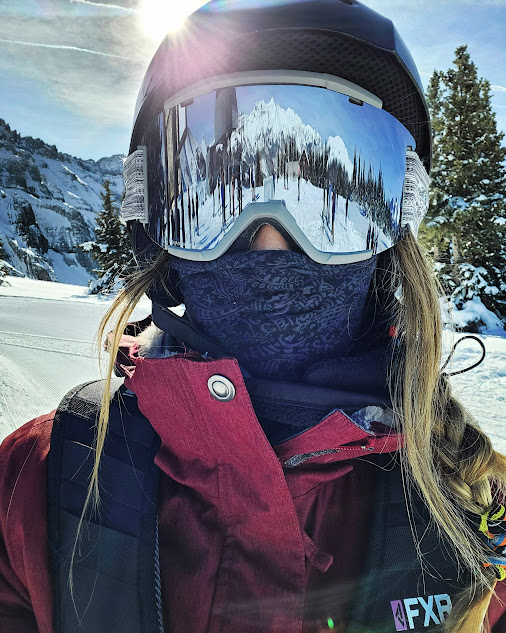
WELL-FIT WINTER
Skiing as well as snowboarding involves a combination of cardiovascular endurance and muscular strength, making it a full-body well-fit workout. The Well-Fit cardiovascular and strength aspects of skiing are:
Cardiovascular Endurance:
- Downhill Skiing: When skiing downhill, especially on challenging terrain or at high speeds, your heart rate increases while engaging sustained aerobic activity. You’re very much in the moment, negotiating turns, gliding down the mountain while controlling your speed, and maintaining balance. All of which require cardiovascular endurance.
- Cross-Country Skiing: Cross-country skiing is an excellent cardiovascular workout, which this is not so much what I endured in Telluride. But, there are some parts of the mountain where you find yourself having to push with continuous motion to get yourself gliding to perhaps the ski lift or when the hill finally starts to have a incline to it and gravity takes over. The intensity can be adjusted based on the speed and terrain.
- Snowboarding: Riding down slopes and navigating terrain challenges your heart and lungs, promoting cardiovascular health.
Muscular Strength:
- Ski Legs: Skiing places a significant demand on the muscles of the lower body, including quadriceps, hamstrings, calves, and glutes. The constant flexing and extending of the knees and hips during turns and maintaining a skiing position engage these muscles, promoting strength and endurance.
- Ski Core: Maintaining balance and stability while skiing requires engagement of the core muscles. The core helps stabilize the body and contributes to efficient and controlled movements.
- Ski Upper Body: While downhill skiing tends to focus more on the lower body, cross-country skiing involves the use of poles, engaging the muscles of the arms, shoulders, and upper back. This contributes to overall upper body strength.
- Snowboarding: Maneuvering on a snowboard requires the use of various muscle groups, including the legs, core, and upper body. This will allow to build strength and endurance, particularly in the quadriceps, hamstrings, and core muscles.
Balance and Coordination:
- Skiing challenges your balance and coordination, requiring quick and precise movements to navigate the terrain. This healps contribute to the development of neuromuscular control.
- Snowboarding requires a high level of balance and coordination. As you navigate slopes, perform tricks, and make turns, you engage your proprioceptive senses, enhancing your overall balance and coordination skills.
Interval Training:
- Skiing and snowboarding often involve interval-like patterns, with bursts of intense activity (such as downhill descents) followed by periods of less intense movement or rest (such as riding a chairlift or traversing flat terrain). This type of training can enhance cardiovascular fitness and calorie burning.
View this post on Instagram
Considering the above, whether you’re gliding down a black diamond or just pushing through a flatter terrain (to get to the next lift maybe or even pull yourself out of a rut) skiing and snowboarding provide a well-founded well-fit workout. Check with your doctor or medical provider before starting any new training plan.
Here I give an idea and general overview of how I prepare and train for my Well-Fit skiing trips:
- Well-Fit Strength, working on what will be worked the most: quads, glutes, hamstrings and hips. This includes squats, deadlifts, thrusters and cleans.
- Be Well-balanced. This is where having a regular yoga practice is key. I teach yoga three times a week, and attend at least one as a student. I am sure to work the core in addiiton to the muscles around hips. This provides stability to those injury-prone areas and more importantly for me, as a runner and a skier, the knees. One-leg balances, half moon, Warrior 3, planks and lunges.
- Build endurance. This is where I like to be a Well-Run athlete. On the mountain, you’ll feel it. The air is thin at the top and you have to work to get down! Condition your body so you can easily ski run after run without having to stop and call it a day before you’re ready. Cardio time! Running, but also biking or interval training to get your lungs and heart pumping.
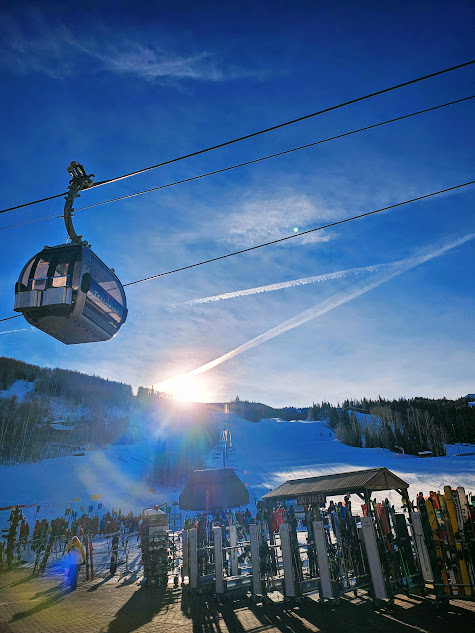
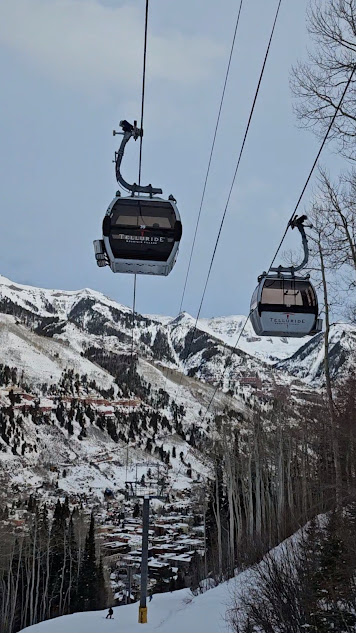
POSITIVE ATTRIBUTES OF BEING WELL-FIT
So clearly, a winter trip to the mountains means work to be done. But it’s Well-Enjoyed work and booking a trip is the best way to get and stay well-fit. Preparing for a bucket list fitness adventure trip makes you who you are. Look at the positive benefits:
- Weight Management:
- Regular participation in fitness adventures can contribute to weight management by burning calories and promoting a healthy body composition.
- Mental Well-being:
- Stress Reduction: Physical activity, especially in natural settings (YES! Get outdoors!), can help reduce stress levels and promote relaxation.
- Improved Mood: Exercise releases endorphins, the “feel-good” hormones (remember Elle Woods), contributing to an improved mood and reduced symptoms of anxiety and depression.
- Cognitive Benefits:
- Physical activity has been linked to improved cognitive function, including enhanced memory, attention, and problem-solving skills.
- Social Engagement:
- Fitness adventures often involve group activities, fostering social interaction and a sense of community. Social connections are important for mental and emotional well-being.
- Enhanced Sleep:
- Regular physical activity is associated with improved sleep patterns, leading to better overall sleep quality.
- Increased Energy Levels:
- Regular exercise can boost energy levels by improving blood circulation and increasing the efficiency of the cardiovascular system.
- Sense of Accomplishment:
- Completing challenging fitness adventures, whether it’s a long hike or a tough obstacle course, can provide a sense of accomplishment, boosting self-esteem and confidence.
- Connection with Nature:
- Many fitness adventures take place in natural environments, providing an opportunity to connect with nature, which has been associated with mental health benefits.
- Long-Term Health Benefits:
- Regular physical activity is linked to a reduced risk of chronic conditions such as cardiovascular disease, diabetes, and certain types of cancer.

Obviously one place to the next is different. Skiing Jackson Hole verses MountainCreek vs Telluride, they all offer the specific benefits and all vary regarding the intensity of the mountain and trails. Before starting any new fitness program, it’s advisable to consult with a healthcare professional, especially for individuals with existing health concerns.
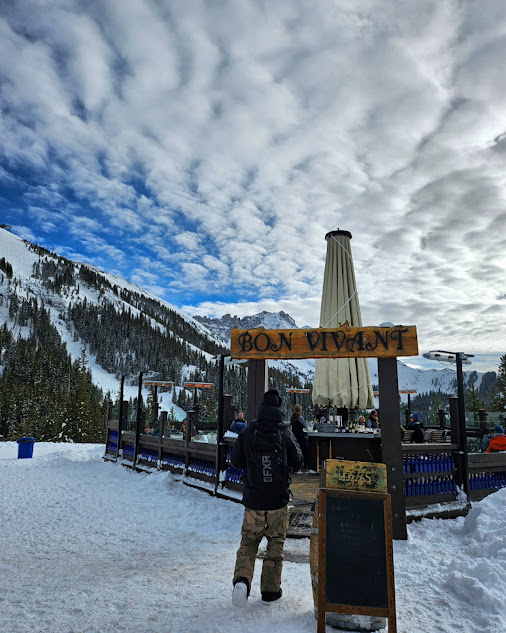

Epigenetics and Well-Fit Adventures
As you can imagine, after reading how positively impactful being Well-Fit is, staying in great physicla shape and embarking on a fitness adventure, the benefits of this are tied very much to the scicne of epigenetics. Epigenetics is how our environment impacts how our genes express, and making positive changes to your everday routine while also stepping out of your comfort zone can provide a holistic approach to health and well-being. Here’s how the two concepts can complement each other:
- Epigenetic Impact of Exercise:
- Gene Expression: Regular physical activity, such as that experienced in fitness adventures, can influence gene expression through epigenetic mechanisms. Exercise has been shown to induce changes in DNA methylation and histone modification, impacting gene regulation and contributing to health benefits.
- Stress Reduction and Epigenetics:
- Mental Health: Fitness adventures, by reducing stress and promoting mental well-being, may positively influence epigenetic changes associated with stress response genes. Chronic stress can lead to epigenetic modifications, and exercise has the potential to counteract these effects.
- Nature and Epigenetics:
- Connection with Nature: Many fitness adventures take place in natural settings. Exposure to nature has been associated with positive epigenetic changes, including a reduction in markers of stress and inflammation.
- Epigenetic Influence on Long-Term Health:
- Regular exercise and fitness adventures may contribute to long-term health by influencing epigenetic processes associated with aging, inflammation, and the risk of chronic diseases. Epigenetic changes induced by exercise can have positive effects on overall health and disease prevention.
- Weight Management and Epigenetics:
- Metabolic Health: Fitness adventures that contribute to weight management can impact epigenetic regulation of genes involved in metabolism. Maintaining a healthy weight through exercise may positively influence the epigenetic profile associated with metabolic health.
- Social Interaction and Epigenetics:
- Social Well-being: The social aspects of fitness adventures can positively impact mental health and may influence epigenetic processes related to social behavior and stress response.
- Epigenetic Adaptation to Environmental Stimuli:
- Regular exposure to varying physical activities in fitness adventures may contribute to epigenetic adaptation, where the body adjusts its gene expression in response to environmental stimuli. This adaptation can enhance the body’s resilience and overall health.
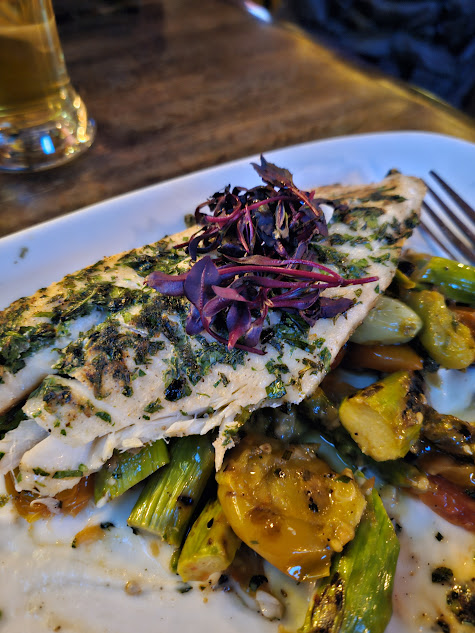



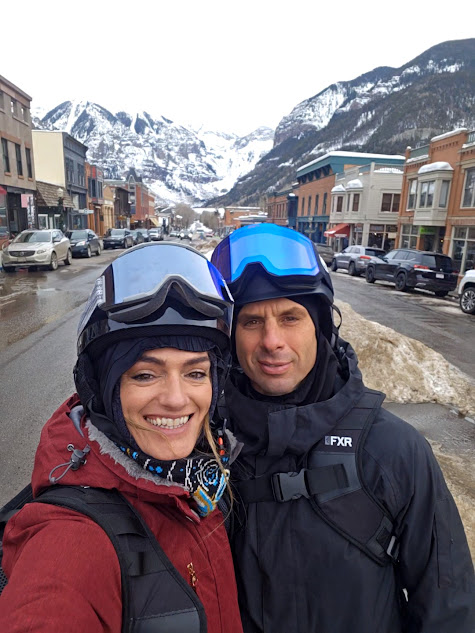
References:
